Lavender Oil
elvinchic323
18 years ago
Related Stories
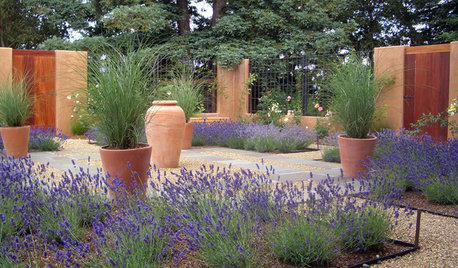
GARDENING GUIDESRegal Lavender Rules Gardens Coast to Coast
Learn how to grow this fragrant, beautiful herb and show off its full beauty in the landscape
Full Story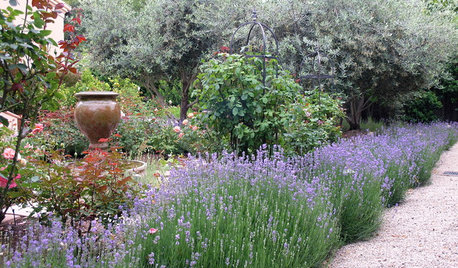
FLOWERSHerb Garden Essentials: Grow Your Own Fragrant Lavender
This do-it-all plant is ideal for almost any garden, and its uses are abundant around the home
Full Story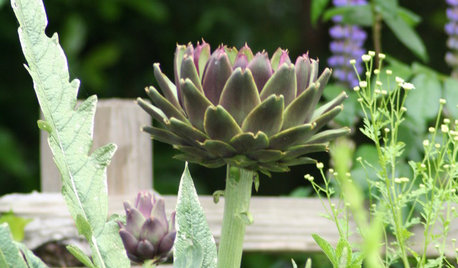
DECORATING GUIDESNature’s Color Wisdom: Lessons on Lavender From the Great Outdoors
Pluck some lavender hues for the home and watch tranquility — and maybe even a little magic — take hold
Full Story
PRODUCT PICKSGuest Picks: Tiptoe Through the Lavender
Gather these light purple accessories and lavender scents for a home that's as fresh as can be
Full Story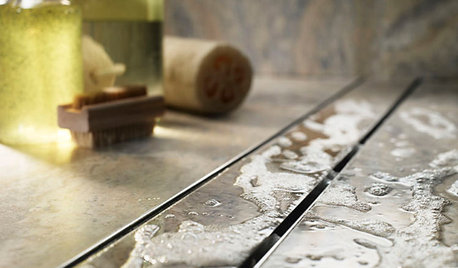
HOUSEKEEPING12 Cleaning Projects That Go a Little Deeper — Naturally
Eucalyptus oil for germy door handles. Baking soda for oven grime. Here are nontoxic solutions for often-overlooked cleaning jobs
Full Story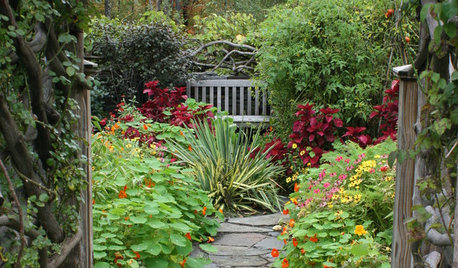
GARDENING AND LANDSCAPING11 Garden Retreats for the Creatively Inclined
Finally finish that novel, opera or oil painting you’ve been working on by drawing inspiration from these peaceful retreats
Full Story
LIFESavor Natural Scents at Home
Bread fresh from the oven, luscious lavender, just-mown grass ... the loveliest fragrances for the home are also the most natural
Full Story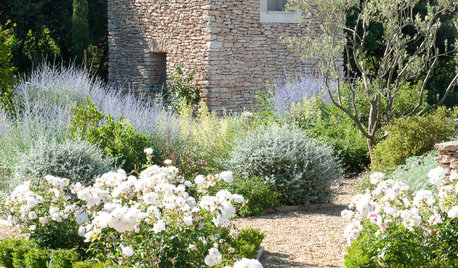
GARDEN STYLESLay of the Landscape: 12 Elements of Provence Garden Style
With their lavender fields, stone walls and meandering pathways, the gardens of Provence brim with charm and beauty
Full Story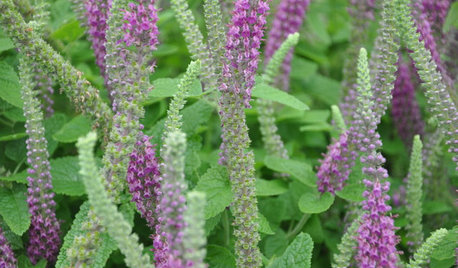
FEEL-GOOD HOME9 Smells You Actually Want in Your Home
Boost memory, enhance sleep, lower anxiety ... these scents do way more than just smell good
Full Story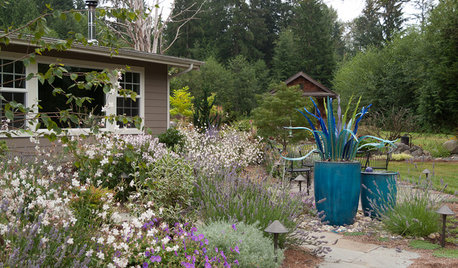
GARDENING GUIDES5 Easy Plants for a Romantic Entry Garden
Abundant flowers, a heady fragrance and striking foliage combine for a romantic front-yard garden that's deceptively low maintenance
Full Story





Heathen1
elvinchic323Original Author
Related Professionals
Elwood Landscape Architects & Landscape Designers · Avocado Heights Landscape Contractors · Concord Landscape Contractors · Cordele Landscape Contractors · Framingham Landscape Contractors · Lancaster Landscape Contractors · Panama City Beach Landscape Contractors · Peachtree City Landscape Contractors · Washington Landscape Contractors · Watertown Landscape Contractors · Westford Landscape Contractors · Arlington Carpenters · Newton Roofing & Gutters · Sebring Roofing & Gutters · Sauk Village Roofing & Guttershabitat_gardener
bob1943
Heathen1
sharondval
apollog
mgervass2001_yahoo_com